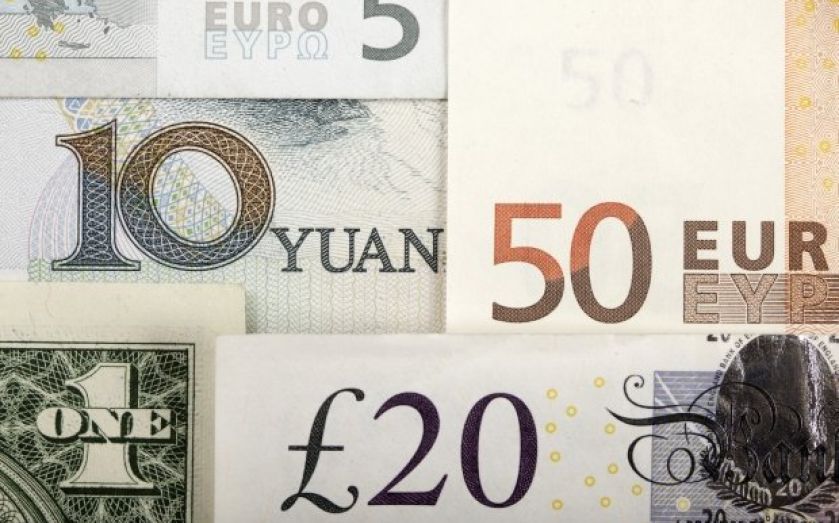How the big three central banks are dealing with falling inflation

The last few months have seen inflation trend downwards in the Eurozone, US, and UK.
Today's news that UK inflation has fallen to a 52-month low has stirred concerns among some quarters that central banks aren't reacting to falling price pressures.
The latest Office for National Statistics data shows inflation falling to 1.7 per cent in the year to February, its fifth consecutive decline.
US consumer price inflation stood at 1.1 per cent in the 12 months to February, while annual euro area inflation was at just 0.7 per cent in the same month.
Ben Southwood, head of macro policy at the Adam Smith Institute, says that low inflation is good news if it results from supply side improvements.
The headline Eurozone figure doesn't capture variations in price changes across the currency bloc, he says, and actually "hides the fact that several members are actually suffering deflation."
Many European economies are suffering from a bad kind of low inflation – arising from a shortage of demand.
Southwood says that it's impossible to argue that these countries are seeing the good kind of deflation, which would arise from rapid improvements in productivity.
Policymaker inaction
Despite facing falling price pressures, the reactions of key monetary policymakers have been strikingly different.
RBS' economics team sees the European Central Bank concerned by further falls inflation, the US' Federal Reserve unconcerned, and the Bank of England more focused on rises in inflation.
As the FT's Robin Wigglesworth points out, the reaction of different central banks is in part due to the difference in their mandates. He notes that the ECB is required to keep inflation below two per cent, whereas the Federal Reserve and Bank of England both aim for that level.
Undershooting or overshooting two per cent inflation are equal as far as the US and UK's monetary policy mandates are concerned, whereas for the ECB undershooting is preferred.
Falling inflation that is not paired with rapid economic growth suggests that monetary policy is not expansionary enough, and that prices are falling to clear markets.
While the UK and US are seeing inflation that is probably too low given labour market slack, low inflation there is nowhere near as alarming as in the Eurozone, where Southwood says the ECB is running "reckless and dangerous policy".
If inflation falls below two per cent across the G7 this year, it will be the first time since 1932.
#Inflation falling across US, EZ & UK. ECB is worried about further falls, Fed is not, BoE more concerned with rises. pic.twitter.com/YjqDtzSeUG
— RBS Economic Insight (@RBS_Economics) March 25, 2014